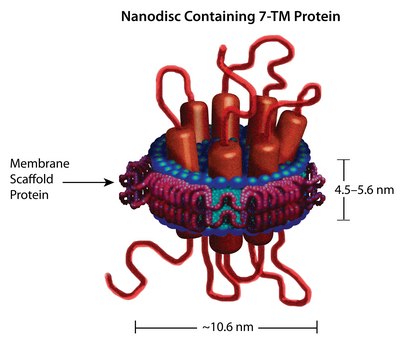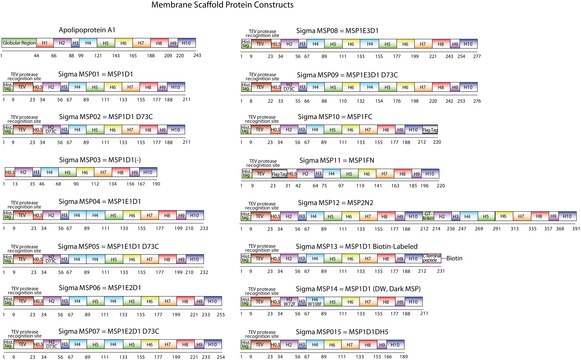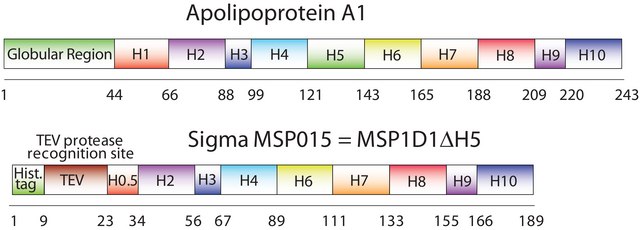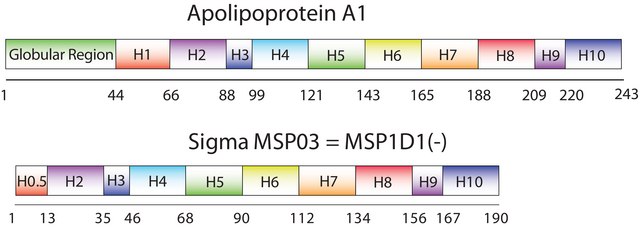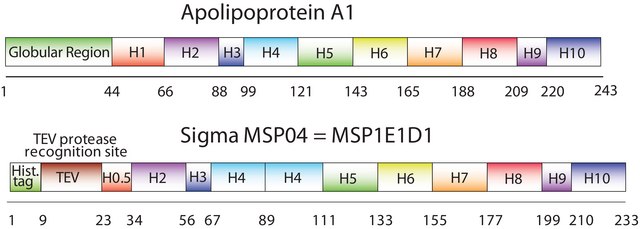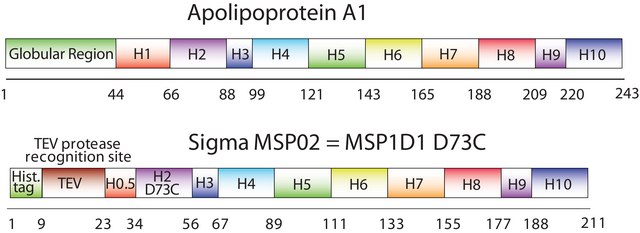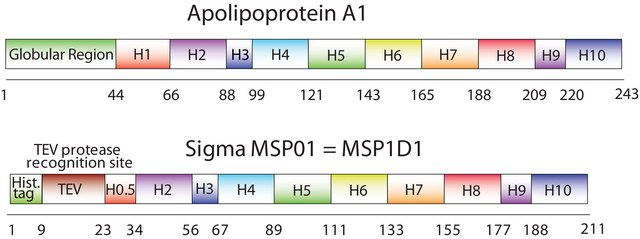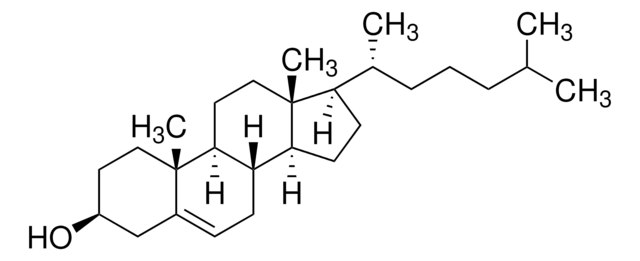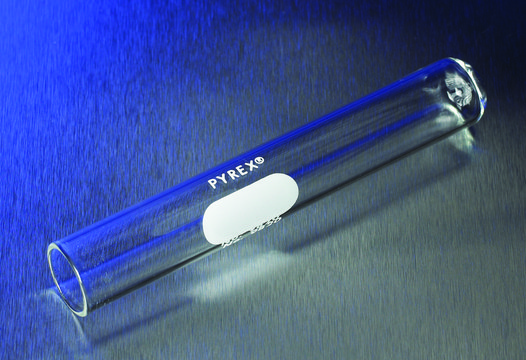HPA020130
Anti-SLC12A2 antibody produced in rabbit
Prestige Antibodies® Powered by Atlas Antibodies, affinity isolated antibody, buffered aqueous glycerol solution
Synonym(s):
Anti-BSC, Anti-BSC2, Anti-NKCC1, Anti-PPP1R141
Select a Size
CA$751.00
Select a Size
About This Item
CA$751.00
Recommended Products
biological source
rabbit
Quality Level
conjugate
unconjugated
antibody form
affinity isolated antibody
antibody product type
primary antibodies
clone
polyclonal
product line
Prestige Antibodies® Powered by Atlas Antibodies
form
buffered aqueous glycerol solution
species reactivity
human
technique(s)
immunohistochemistry: 1:500- 1:1000
Related Categories
1 of 4
This Item | CLS982016XX | CLS982010 | CLS982012 |
|---|---|---|---|
| material round bottom tube | material round bottom tube | material round bottom tube | material round bottom tube |
| manufacturer/tradename Corning 9820-22 | manufacturer/tradename Corning 9820-16XX | manufacturer/tradename Corning 9820-10 | manufacturer/tradename Corning 9820-12 |
| packaging case of 576 | packaging case of 576, pack of 72 | packaging pack of 72, case of 720 | packaging pack of 72, case of 720 |
| O.D. × L 22 mm × 175 mm | O.D. × L 16 mm × 150 mm | O.D. × L 10 mm × 75 mm | O.D. × L 12 mm × 75 mm |
| capacity 50 mL | capacity 20 mL | capacity 3 mL | capacity 5 mL |
General description
Immunogen
Application
The Human Protein Atlas project can be subdivided into three efforts: Human Tissue Atlas, Cancer Atlas, and Human Cell Atlas. The antibodies that have been generated in support of the Tissue and Cancer Atlas projects have been tested by immunohistochemistry against hundreds of normal and disease tissues and through the recent efforts of the Human Cell Atlas project, many have been characterized by immunofluorescence to map the human proteome not only at the tissue level but now at the subcellular level. These images and the collection of this vast data set can be viewed on the Human Protein Atlas (HPA) site by clicking on the Image Gallery link. We also provide Prestige Antibodies® protocols and other useful information.
Biochem/physiol Actions
Features and Benefits
Every Prestige Antibody is tested in the following ways:
- IHC tissue array of 44 normal human tissues and 20 of the most common cancer type tissues.
- Protein array of 364 human recombinant protein fragments.
Linkage
Physical form
Legal Information
Disclaimer
Not finding the right product?
Try our Product Selector Tool.
Storage Class Code
10 - Combustible liquids
WGK
WGK 1
Flash Point(F)
Not applicable
Flash Point(C)
Not applicable
Choose from one of the most recent versions:
Certificates of Analysis (COA)
Don't see the Right Version?
If you require a particular version, you can look up a specific certificate by the Lot or Batch number.
Already Own This Product?
Find documentation for the products that you have recently purchased in the Document Library.
Protocols
Protocols for Membrane Scaffold Proteins and Nanodisc Formation
Our team of scientists has experience in all areas of research including Life Science, Material Science, Chemical Synthesis, Chromatography, Analytical and many others.
Contact Technical Service